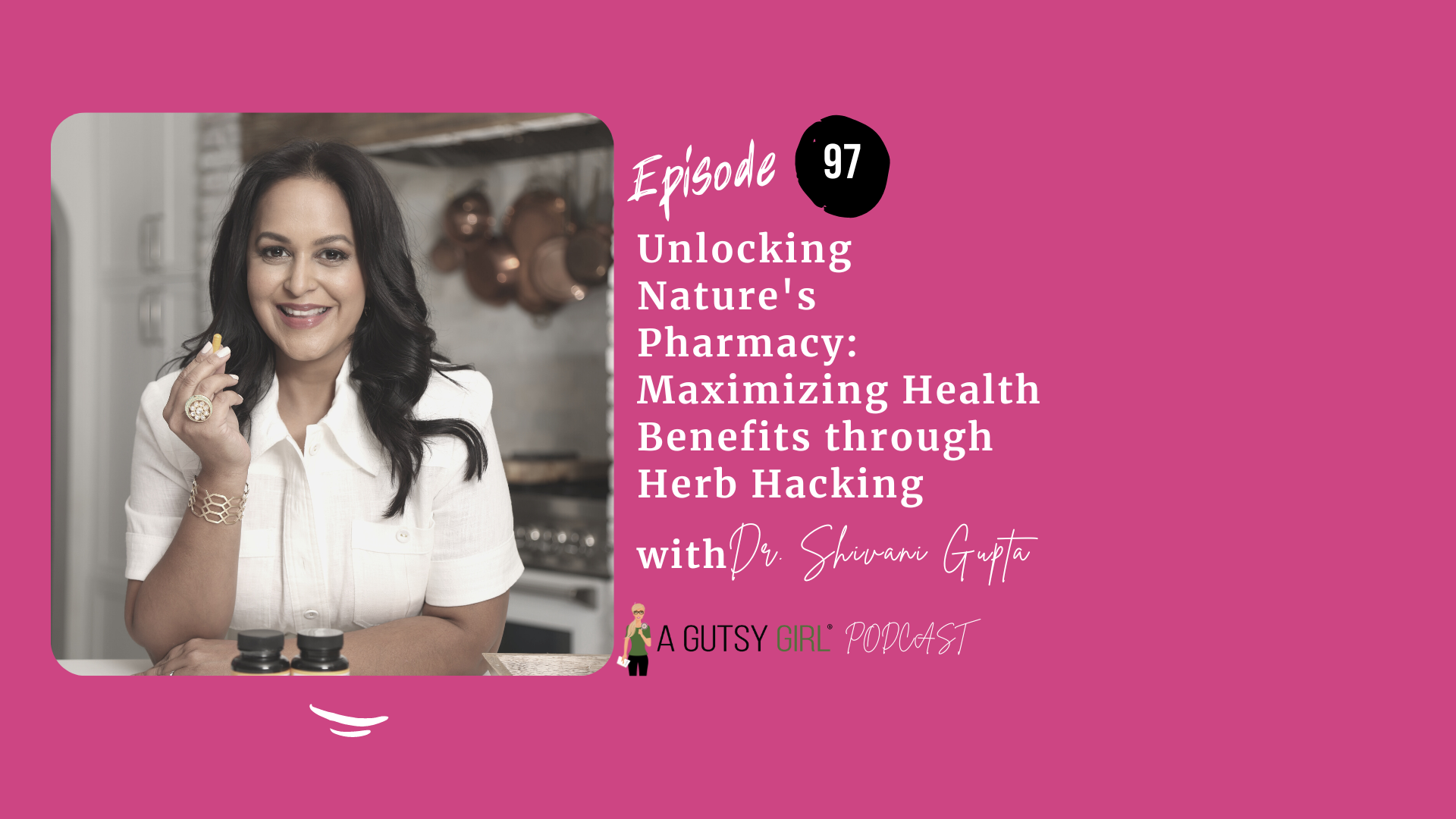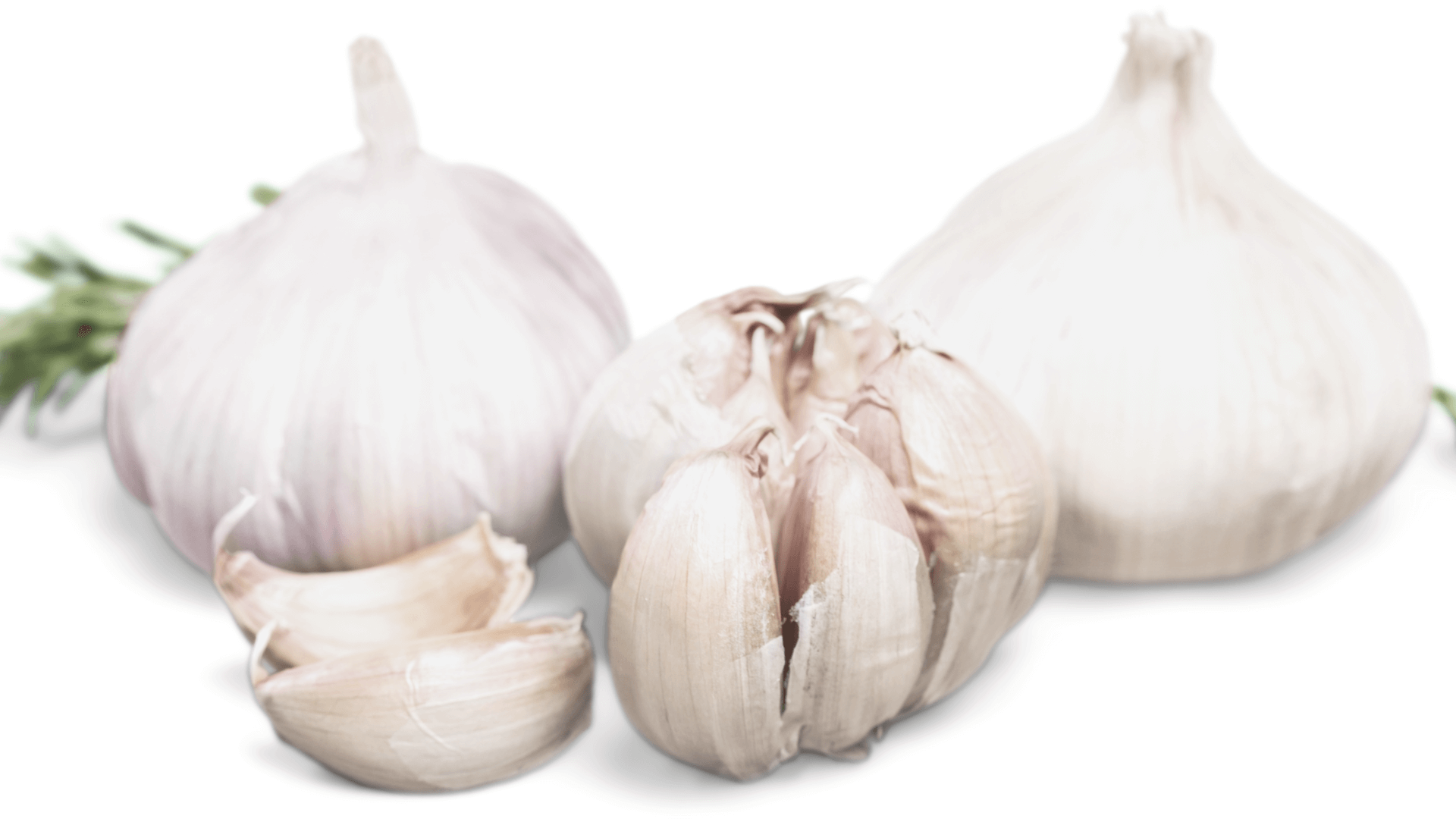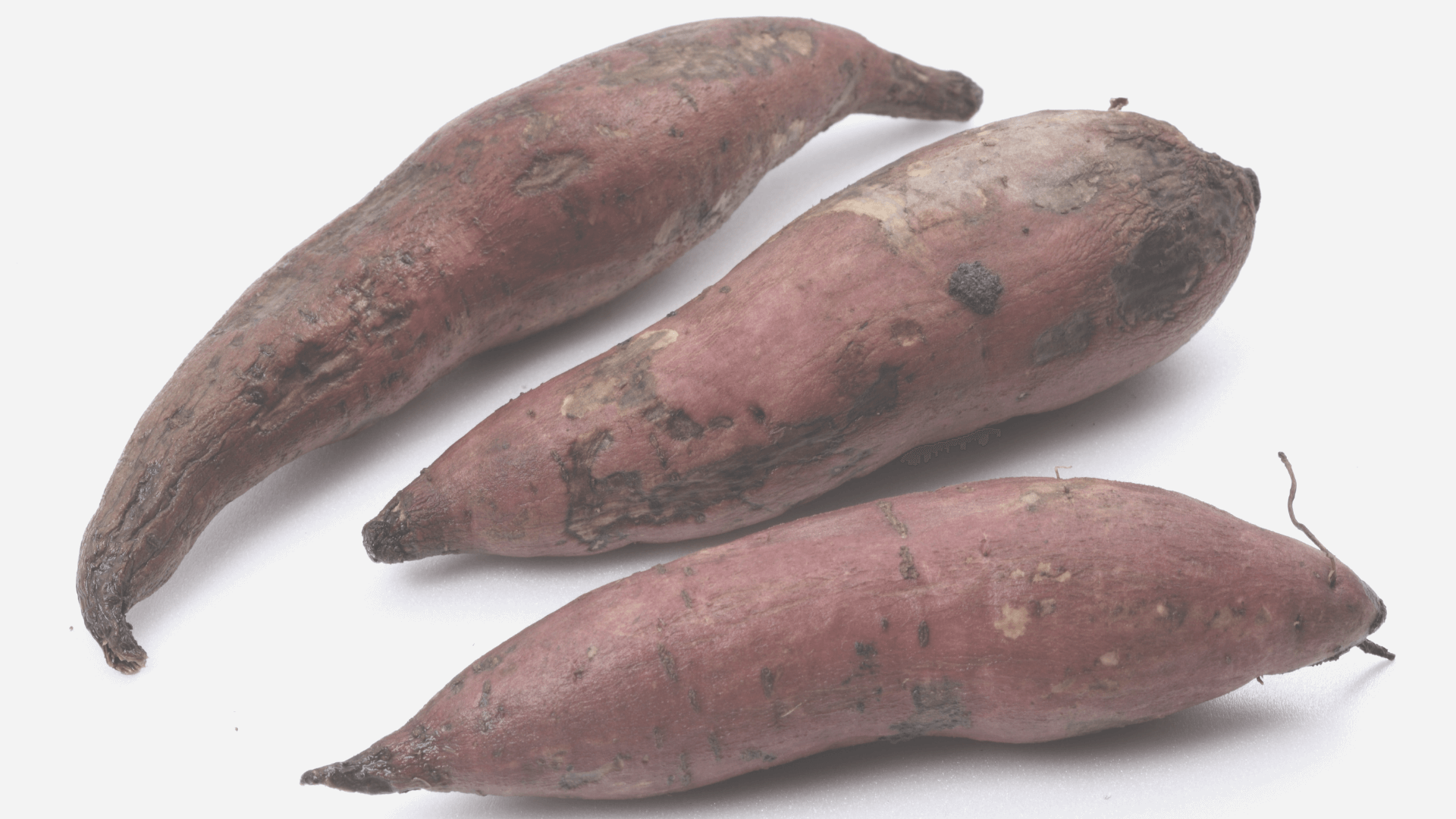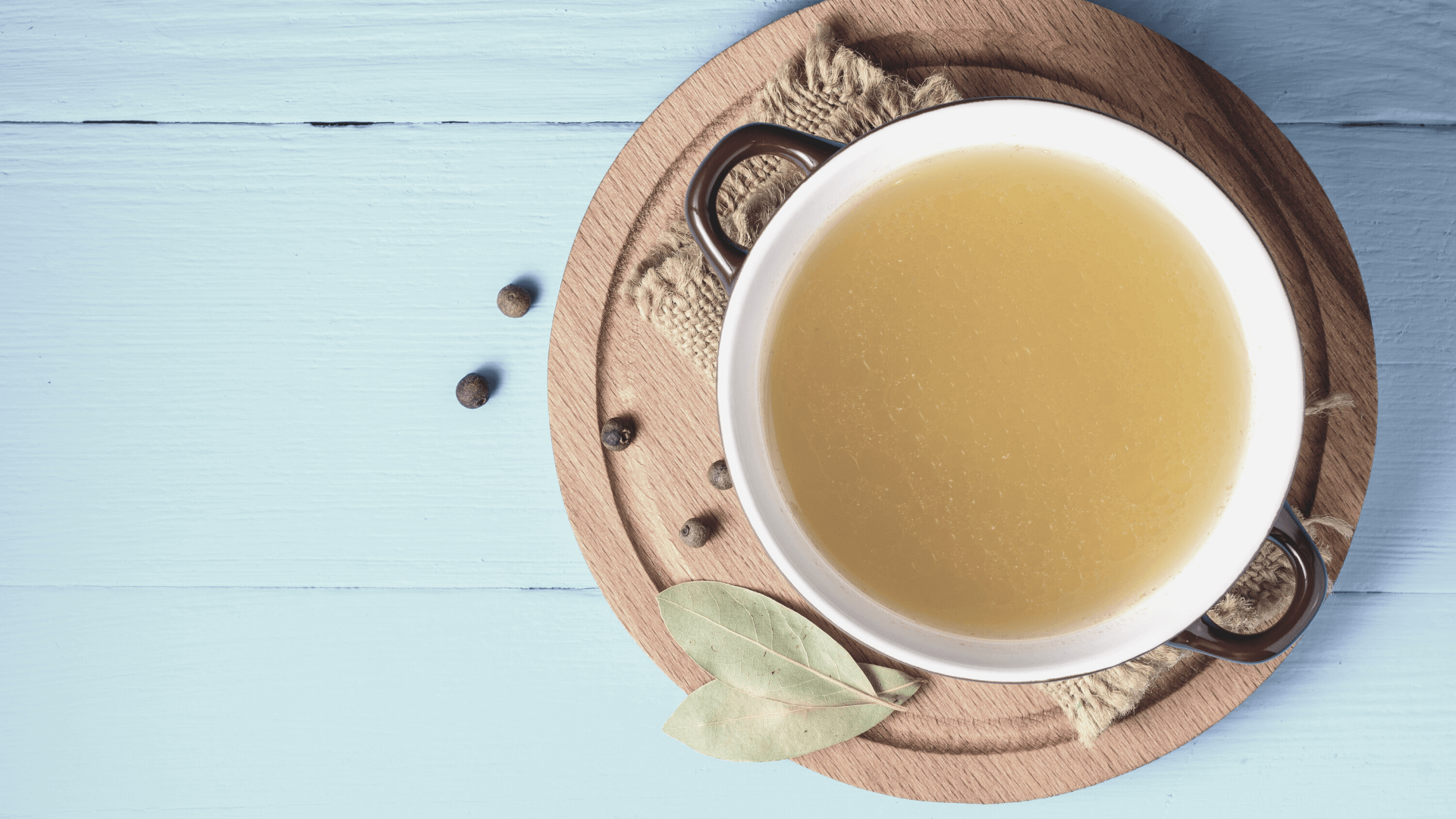Today we’re going to discuss Vegetable oil ingredients, as the kickoff to A Gutsy Girl’s oil series.
Yes, it’s true. It’s finally time to share more information surrounding vegetable oil ingredients.
The debate around vegetable oils has been ongoing for some time now.
Most people are unsure if they are healthy or not, which leads to a lot of confusion around the topic.
Luckily for you, I am going to clear up some common misconceptions and provide a couple of tips for choosing the healthiest vegetable oils.
Subscribe Today:
Apple Podcasts | Google Podcasts | Spotify | iHeart Radio | RSS
Resources
- A Gutsy Girl’s FREE 3-Day Detox Plan
- Coconut oil isn’t healthy. It’s never been healthy. via American Heart Association
- The Great Cholesterol Myth
- Weston A. Price Foundation
- PubMed
- Doctor Kiltz
- National Institutes of Health
- Healing Blooms from Within (90-day gut healing journal)
- A Gutsy Girl’s Bible
- A Gutsy Girl supplement line, guthealingsupplements.com
Don’t Miss These Thoughts
- What are vegetable oils?
- Common types of vegetable and seed oils
- Are all vegetable oils harmful?
- Research around IBS and IBD as it relates to vegetable oils / ratio of Omega-6’s to Omega-3’s
- Inflammation
Vegetable Oil Ingredients
Click HERE to save this post on vegetable oil ingredients for later.
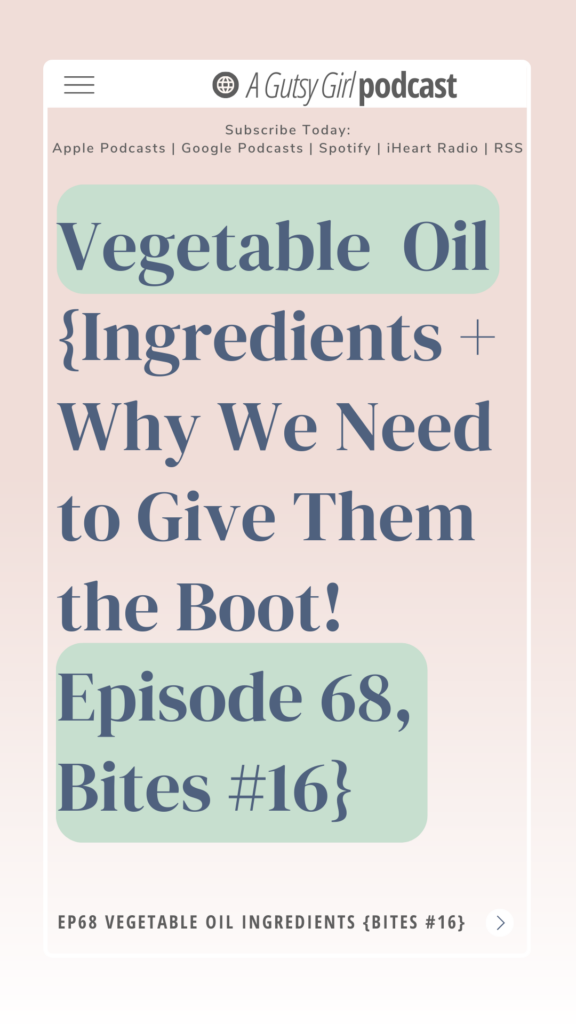
What Are Vegetable Oils?
First, there are individual vegetable oils that make up the container of “Vegetable oil” you purchase at the store.
In other words, the term Vegetable Oil (in a bottle) is simply a blend of various vegetable oils.
People use Vegetable oil in their everyday cooking because it’s a neutral oil; it’s inexpensive and tends to work well in most types of cooking and baking due to its neutral flavor.
However, with a generic Vegetable oil, we really don’t know which oils are contained in the blend. We don’t know how the plants from which the oil was extracted were grown or how the oil itself was processed.
These oils oftentimes take extensive processing and refining to extract, which changes the shape of the molecules. This processing also decreases the nutrient value of the oils and raises some concerns about the potential health drawbacks these substances could have.
Here are some of the most common types of oils:
- olive oil
- canola oil
- palm oil
- soybean oil
- grapeseed oil
- safflower oil
- rice bran oil
- sunflower oil
- corn oil
- cottonseed oil
- peanut oil
- coconut oil
You may recognize many of these, as they are found in so many of the foods we eat on an everyday basis.
Unfortunately, due to both the extensive processing and ratio of fats, these oils may not be as healthy as we originally thought.
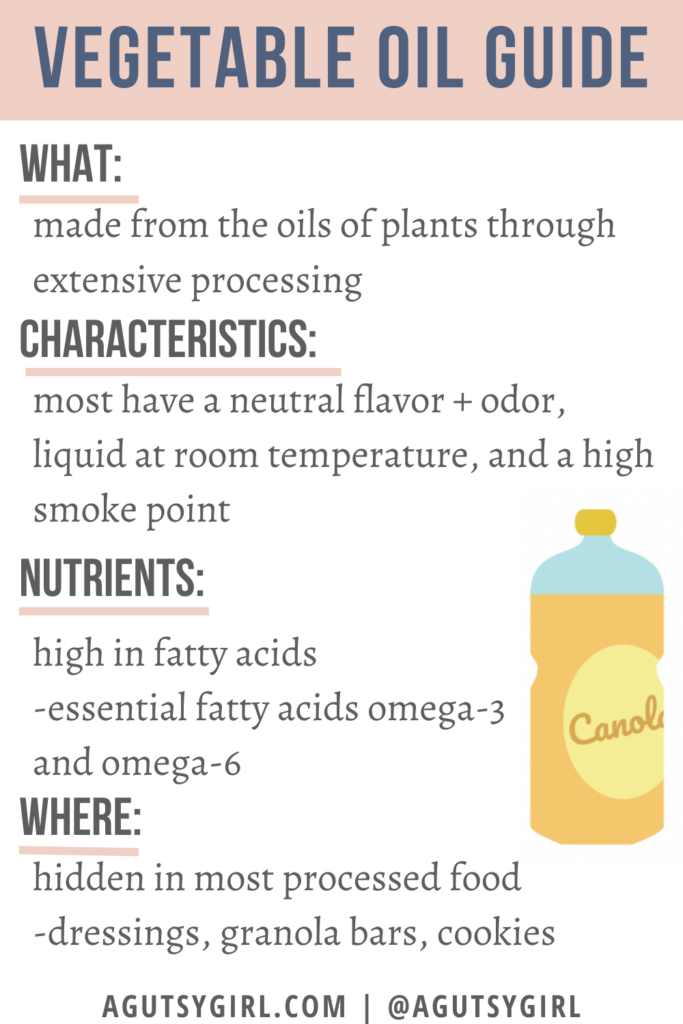
Where Do You Find Vegetable Oils?
Vegetable oils are one of the most common ingredients in any type of processed food.
They allow for foods to have a much longer shelf life and are added to many foods. They also can stay stable at very high temperatures, so they are often used when frying.
Some common sources of vegetable oils may surprise you.
- salad dressings
- granola bars
- mayonnaise
- cookies
- crackers
- nut butters
- alternative milks
- quick breads
They are truly hidden in almost any processed food, which is part of the reason I suggest eating as unprocessed as possible.
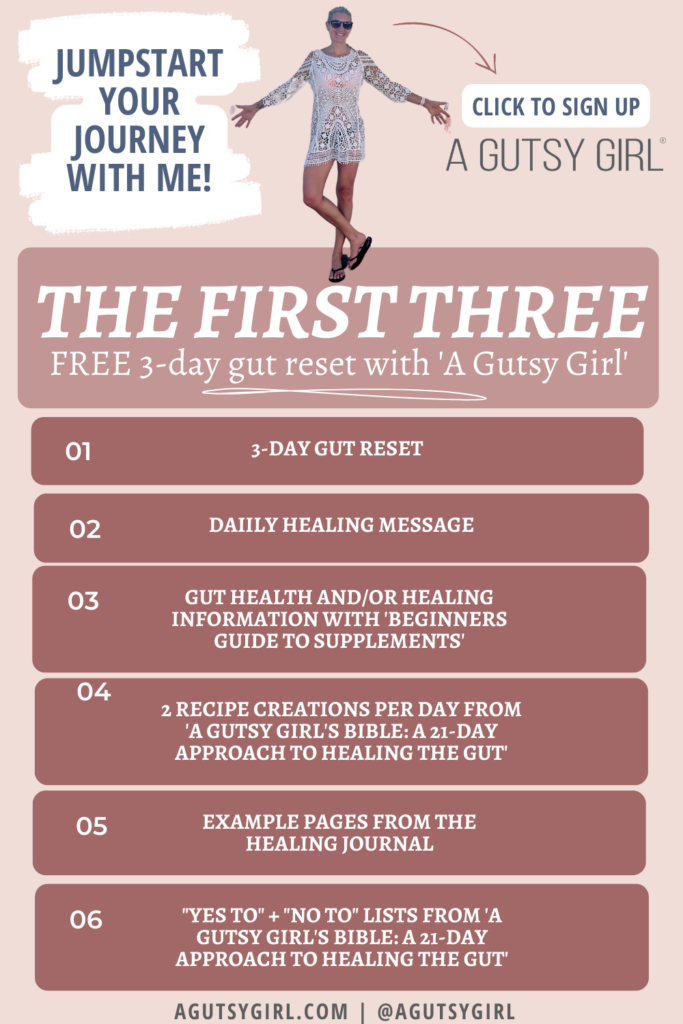
The 3-day gut reset give you an EXACT list of foods to eat / not to eat, which take into consideration vegetable oils and everything we are talking about in this post + podcast episode.
They act as a filler in most products and help achieve the desired texture and flavor in many baked goods.
Most restaurants also cook with vegetable oils, so be aware of that when eating out.
What is in Vegetable Oils?
What exactly are in vegetable oils from a nutritional standpoint?
Vegetable oils are primarily made of polyunsaturated fatty acids, which is basically a fat chain that has several double bonds between molecules. This kinks the structure and changes some of its primary characteristics.
The fat composition comes from chains of fatty acids which are made of carbon chains saturated with hydrogen. These chains link together to create longer fat chains and can be single-bonded (saturated) or contain double bonds (unsaturated).
For reference purposes, here is what it looks like (image source / credit HERE):
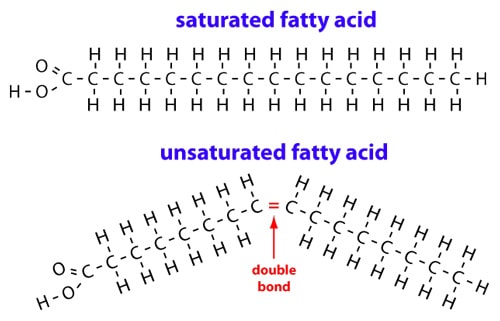
If there is one double bond it is known as monounsaturated while more than one double bond is known as polyunsaturated.
In plant oils the primary fatty acids are palmitic acid, stearic acid, oleic acid, linoleic acid (an omega-6 fatty acid), and linolenic acid (an omega-3 fatty acid). These are stored usually as triacylglycerols, a storage form of fat that occurs in seeds.
The omega-3 and omega-6 fatty acids are both essential, which means our body can not make them.
We must receive these from either our food or supplementation.
Linolenic acid is converted into both EPA and DHA, which are crucial for the regulation of the cardiovascular system and are anti-inflammatory in nature.
All of these nutrients provide health benefits in moderation but can become problematic when eaten in excess.
Source: HERE
Hydrogenated Vegetable Oil
Many of these oils are hydrogenated, which is a chemical process that alters the bonds on the fatty acid chain.
This process creates trans fats, which have some serious negative implications on human health.
These fats are not beneficial to your body in any way and increase “bad” cholesterol levels.
They lower your HDL cholesterol and raise LDL cholesterol, which can result in hypertension, weight gain, and potential diabetes.
Trans fat has actually been banned in some places due to its high connection to health diseases, so be aware of hydrogenation in your vegetable oils.
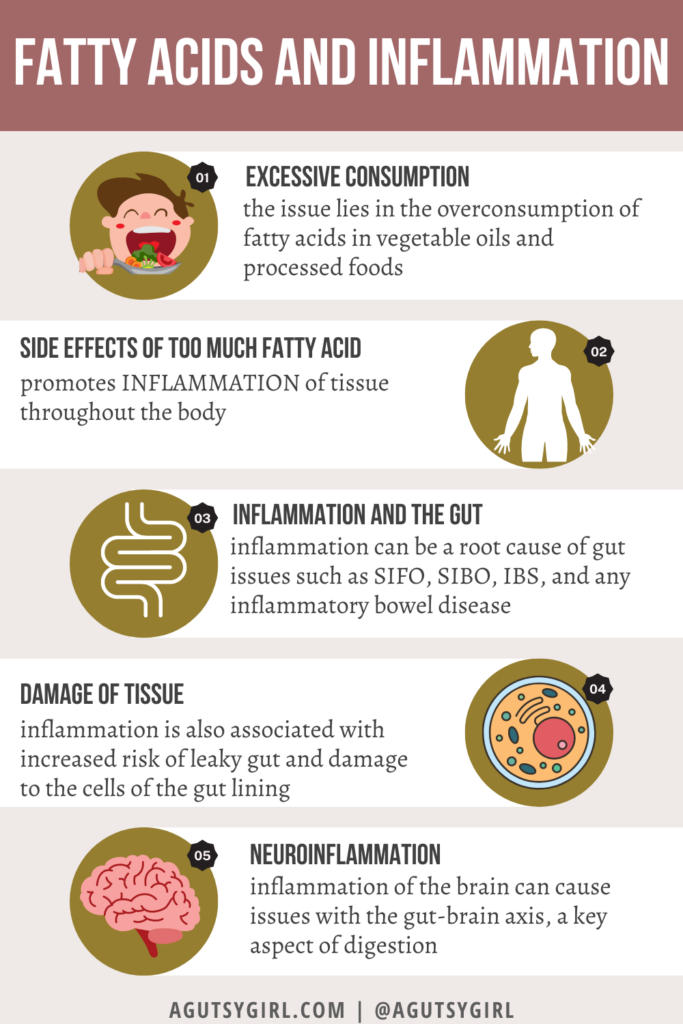
What Do Fatty Acids Have to Do With Vegetable Oils?
Vegetable oils contain both omega-3 and omega-6 fatty acids, which are essential to our bodies. We must get these nutrients through our diet, so in moderation they are beneficial.
However, some vegetable oils are extremely high in omega-6 fatty acids, which raises some health concerns.
Omega-6 and omega-3 are recommended to be eaten in close to a 1:1 ratio, and individuals are now eating them in a ratio closer to 20:1. This far exceeds the recommended daily value.
This increase in omega-6 fatty acid consumption is thought to contribute to chronic inflammation, a HUGE issue for anyone with Gutsy problems.
Chronic inflammation is an underlying cause of so many GI issues such as IBD and IBS. It can also prevent proper healing from taking place, especially for someone trying to heal their gut.
Oils high in omega-6 fats include:
- soybean oil
- sesame oil
- sunflower oil
- peanut oil
- corn oil
- rice bran
- canola oil
- safflower oil
All of these oils should be consumed in moderate amounts in order to prevent potential side effects.
Source: HERE
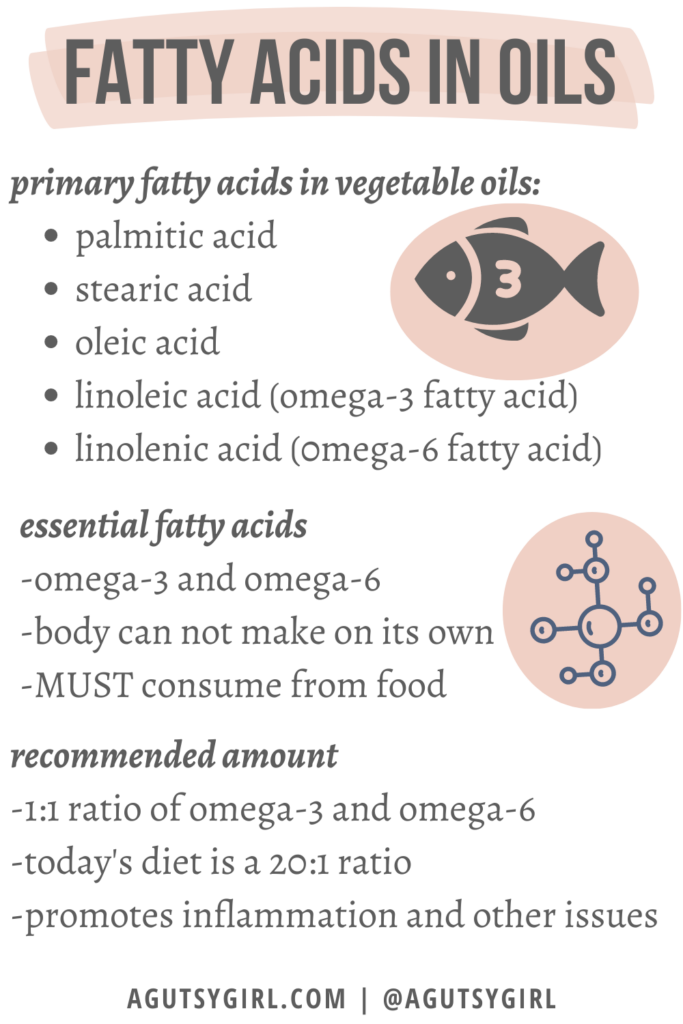
Why is Inflammation Such an Issue?
Inflammation is one of the root causes of so many gut issues such as SIBO, IBS, SIFO, and any inflammatory bowel disease (IBD).
Chronic inflammation can not only lead to suboptimal digestion, but it can also damage intestinal tissue over time.
This can result in a weaker gut lining as well as decreased immune function, which results in more pathogens being let into the gut.
In addition to gut inflammation, “neuroinflammation” can also cause issues with the gut-brain axis. This can mess up the signals sent between your brain and gut, which is a key piece of the digestive process.
Without proper signaling, the intestines will not be able to properly break down foods, resulting in symptoms such as gas, abdominal pain, bloating, and bowel issues.
Without getting inflammation under control it is almost impossible to properly heal your gut. Most practitioners recommend you calm down your gut before even starting the healing process.
It is a foundational step to repairing tissue and improving digestive function.
You can’t repair tissue that is chronically inflamed.
Source: HERE
But Aren’t They Healthy?
Since vegetable oils are often polyunsaturated fats, they are often recommended as a “healthier” alternative to saturated fats such as butter and margarine.
Saturated fats contain higher levels of HDL (the “bad” cholesterol) and are heavily linked to heart disease.
But, as I mention on today’s show, coconut oil is high in saturated fat and yet, I’m a huge advocate for it.
Despite the fact that the American Heart Association came out with an article about why Coconut Oil is not healthy, nor has it ever been health, here are two things I’ll say:
- There was a time I was fat-free, sugar-free this, that, and the other. It failed me miserably. In fact, that period of time in my life is what I believe lead to the ultimate demise of my health – the one that I will pay for for the rest of my life.
- The American Heart Association also has their stamp of approval on many cereal boxes. No thanks. I’ll keep my coconut oil.
And if you want more to back up the idea that coconut oil is not such a villain check out The Great Cholesterol Myth and/or study up via The Weston A. Price Foundation.
Due to articles and information sharing of the above related to saturated fat, the consumption of vegetable oils has increased exponentially in the past few years, which is a huge issue.
So, What to Do?
1. Focus on eating whole foods
In my opinion, the best thing to do is to focus your attention on eating whole foods. Since vegetable oils are found in mainly processed food, shifting to whole foods removes the amount you consume.
One of my favorite tricks is to shop the perimeter of the grocery store.
This is often where all the fresh produce is as well as the deli and freshly baked bread. All of these are great choices for picking whole, fresh foods.
2. Prioritize healthy oil + fats such as olive, coconut, and avocado oil
If cooking with vegetable oils, try to turn to coconut, avocado, and olive oil.
These are healthy fats that have been shown to improve gut function and contribute to healthy intestinal lining.
They also are part of the anti-inflammation diet, which makes them both a great choice for anyone attempting to heal their gut.
Here are some of the healthiest oil choices:
- olive oil: opt for extra-virgin olive oil as a great oil for peak nutrient levels, contains antioxidants and healthy fats, light taste
- lower smoke point
- avocado oil: higher monounsaturated fat content, vitamin E
- coconut oil: helps regulate healthy gut bacteria and improve metabolism, high in saturated fat
- butter: high in saturated fat, high in vitamin A, E, and K (also, Butyrate!)
You may be surprised that butter made the list, but it is so full of healthy fats as well as numerous vitamins. Animal fats are not “unhealthy,” despite often being given that label.
Get MORE Omega-3’s into your daily diet with More Omega.
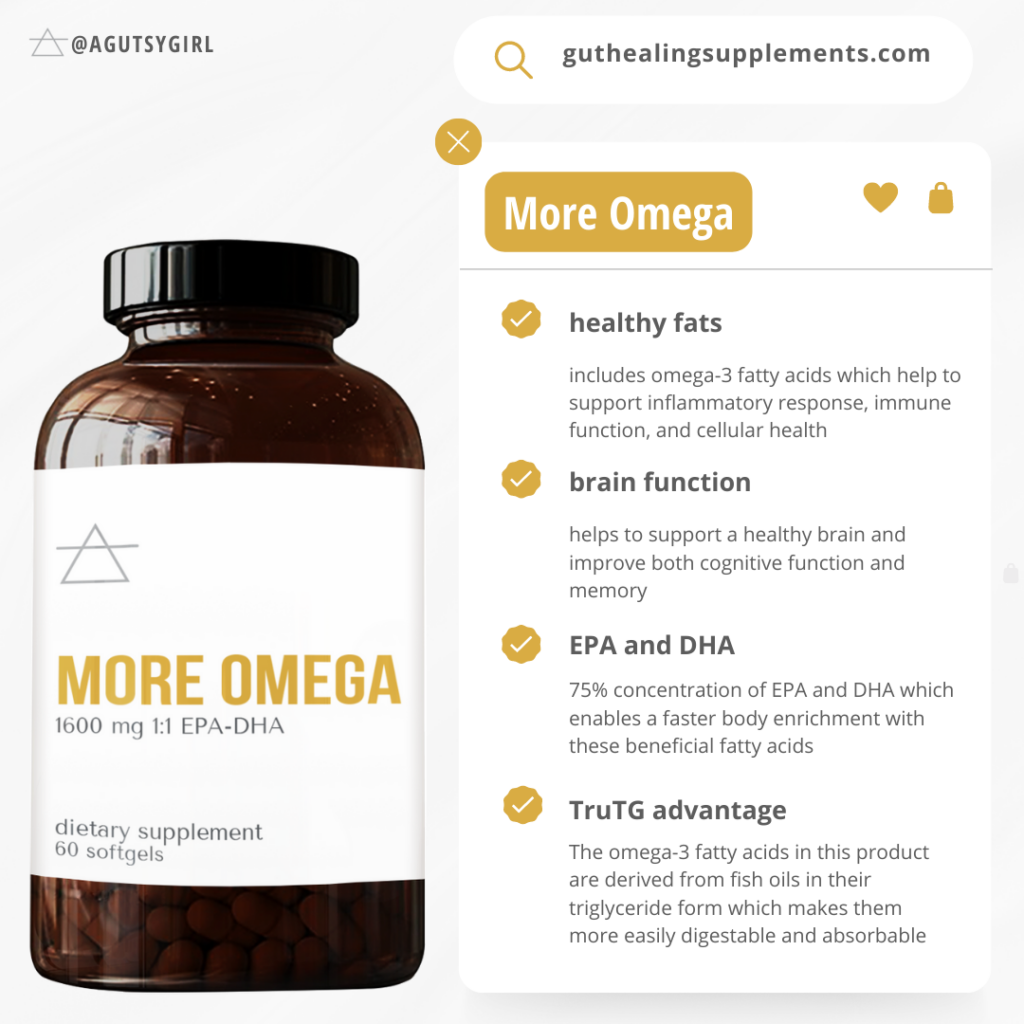
3. Limit processed food
Although it is very tempting, try to limit the amount of processed foods you consume.
Things like chips, baked goods, and ready-to-make meals may be convenient at the moment, but long-term can be contributing to inflammation.
Not only do they contain disproportionate levels of fatty acids, but they also contain little nutritional value.
If you liked this post on the best juice recipes for gut health, you might also enjoy:
- Food Questions and Answers
- 3 Ways to Know Your Leaky Gut is Healing
- Best Supplements for Beginners {on your gut healing journey}
Some of the links in this post are affiliate links. This means if you click on the link and purchase the item, I may receive a small commission at no extra cost to you. All opinions remain my own.
Xox,
SKH
Janie Greene is

